Home advice
-
- People with OSA should continue to use their CPAP at home as normal.
- There is no evidence that using CPAP makes you more likely to catch COVID-19, and nothing to suggest that CPAP will make you more unwell if you do catch it.
- If a CPAP user becomes unwell with symptoms suggestive of COVID-19 (new cough and fever > 37.8 C), please follow government guidance regarding self and household isolation.
- We do not know whether CPAP makes virus spread worse within a household. This will be something you will need to consider when deciding whether or not to continue using CPAP if you are self-isolating with symptoms of COVID-19. You may wish to distance yourself from vulnerable household members by changing bedrooms or stopping CPAP for a short time.
- Any respiratory infection, particularly with a blocked nose, can make it more difficult to use CPAP. Try and persist, but if wearing CPAP makes you feel worse (e.g. by increasing coughing and disturbing sleep), then
stop using it until your respiratory symptoms improve. Sleeping more upright, avoiding alcohol and using a mandibular advancement spilt if you have one, may help as alternatives to CPAP in reducing OSA a little in
this period. Your OSA symptoms are likely to worsen over the week, but will resolve when you restart CPAP. - Routine hygiene is adequate for infection control: changing machine filters routinely, cleaning surfaces, cleaning mask and tubing with hand-hot soapy water (washing up liquid) and washing hands regularly.
- Masks and machines should not be shared.
- Please use the telephone number/email address provided by your sleep centre for urgent issues with your equipment or sleep/OSA related symptoms. Do not attend in person unless instructed to do so. Please be
aware the team may not be able to respond quickly, as staff may have been moved to Emergency Services. - Please look after masks and tubing carefully as there may be a temporary shortage in the future.
- A reminder that DVLA says anyone with excessive sleepiness having or likely to have an adverse effect on driving must not drive.
Sleep out-patient advice for hospitals
-
- Routine out-patient visits should be avoided unless urgent.
- Remote monitoring and telephone consultations may be an option for some.
- Posting of masks and equipment from Sleep centres should be encouraged, without patients attending.
Advice for a person with OSA who routinely uses CPAP who is unwell and admitted to hospital due to suspected/confirmed COVID-19
-
- Bring your CPAP machine into hospital with you.
DO NOT USE YOUR CPAP UNLESS INSTRUCTED BY STAFF: you may be asked not to use CPAP for OSA on an open ward if you have suspected COVID-19, until COVID-19 screening results are back.
If you use CPAP for Obesity Hypoventilation Syndrome (OSA, obesity plus respiratory failure) requiring CPAP to maintain ventilation, this should be continued but will need an isolation area (such as side room or negative pressure area), so please be guided by medical staff caring for you. - To decrease any risks of infection from CPAP whilst you are in hospital: your usual mask, which has a vent to allow you to breathe out, may be changed. The new temporary mask will not have this vent, but a bacterial/viral filter can also be added along with an exhalation port in the tubing.
- DO NOT USE your humidifier with your CPAP machine in hospital due to increased droplet spread.
- Bring your CPAP machine into hospital with you.

